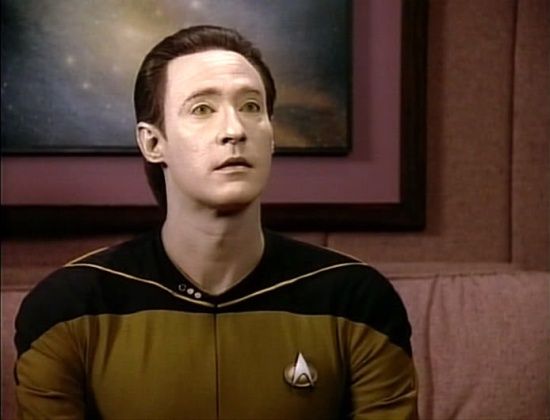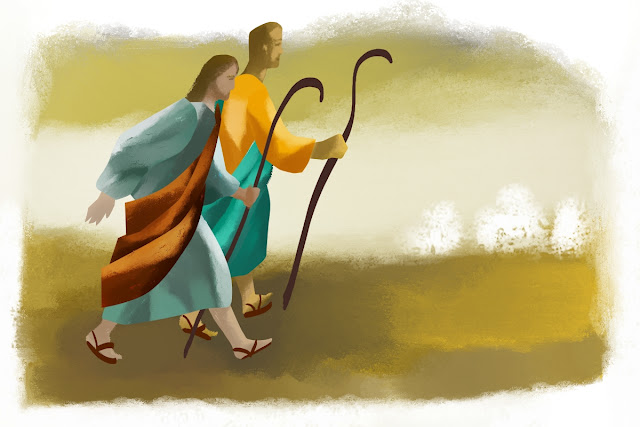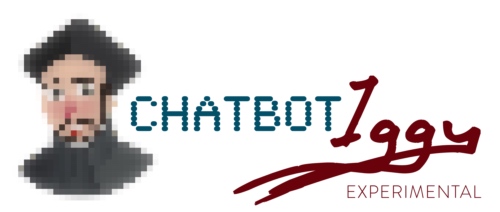 When we speak of all creation and God creating the universe, I think what we tend to think of is the earth. Our cosmic imagination of the Creator and creation is actually rather small. The Genesis creation story is naturally focused on our creation and the creation of our home planet. The sun, the moon, and the stars are just there to serve earth. But that was likely the geocentric assumption that the Genesis writer had. St Ignatius doesn’t offer his own creation story, but he does present his Meditation on the Incarnation, which homes in on the Trinity’s gaze upon the earth and humans in all their disarray. Again, not surprisingly, the focus is on what we know: our life on the earth. God gazes upon the earth in love and is so moved to join us in human form to become a beacon of hope and healing. It’s a personal story that affirms God’s deep love for us.
When we speak of all creation and God creating the universe, I think what we tend to think of is the earth. Our cosmic imagination of the Creator and creation is actually rather small. The Genesis creation story is naturally focused on our creation and the creation of our home planet. The sun, the moon, and the stars are just there to serve earth. But that was likely the geocentric assumption that the Genesis writer had. St Ignatius doesn’t offer his own creation story, but he does present his Meditation on the Incarnation, which homes in on the Trinity’s gaze upon the earth and humans in all their disarray. Again, not surprisingly, the focus is on what we know: our life on the earth. God gazes upon the earth in love and is so moved to join us in human form to become a beacon of hope and healing. It’s a personal story that affirms God’s deep love for us.
But what if this meditation were more universal? The earth is but a speck in the unfathomably massive space of the created (and visible) universe. How does God gaze upon the entirety of creation? How does God look upon other civilisations?

Did human sin cause natural disasters?
I recently heard a priest say that Adam and Eve’s act of disobedience “broke the universe”, taking a perfect creation and spinning it into disarray and ushering in the burden of suffering. That’s a big claim, to say that a single act of disobedience affected the entire universe, perhaps even the laws of physics (the priest claimed that even hurricanes were the result of that original sin), and that other civilisations now have to deal with suffering because of humankind. This claim shows how geocentric and anthropocentric we still can be. I don’t think the church has a good theology of the true universal nature of God and creation. We are still at the centre of our own universe.
Once we realise that there are likely other life forms and civilisations scattered throughout the hundreds of billions of galaxies in the universe, our orientation cannot but shift. The church and the sacraments, while important and meaningful to us, become minuscule in the scheme of creation and the mystery of God. The issues we fight over, while important to our flourishing, take on a different value when placed against the backdrop of the cosmic creation. The grudges we hold seem inane. It’s not that our life doesn’t have value. In fact, that God chose to be with us on our little speck, which God lovingly continues to care for, means we have tremendous value in God’s heart. But so do those other little specks in the universe with their own communities and conflicts.
The problem is when we continue to act as if human beings master the universe, rather than God; when we have the audacity to confine God to our human constructions and boundaries. But God is as boundless as—more boundless than—the universe God created.
Listen to the podcast version of this post…









So wh
It’s disturbing to me to think that a priest would state that hurricanes are a result of God’s s anger with us. It denies Jesus’ life death and resurrection for us and our sins. Our focus is on living out God’s mission for our lives, regardless of what the universe chooses to do around us. Like Peter walking to Jesus from the boat, my eyes are on Jesus and his love, not the vastness of the sea or the size of the waves.